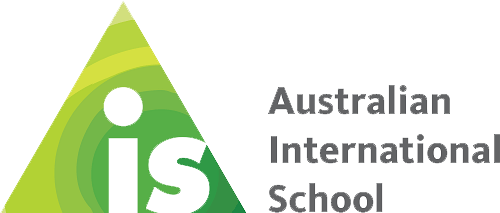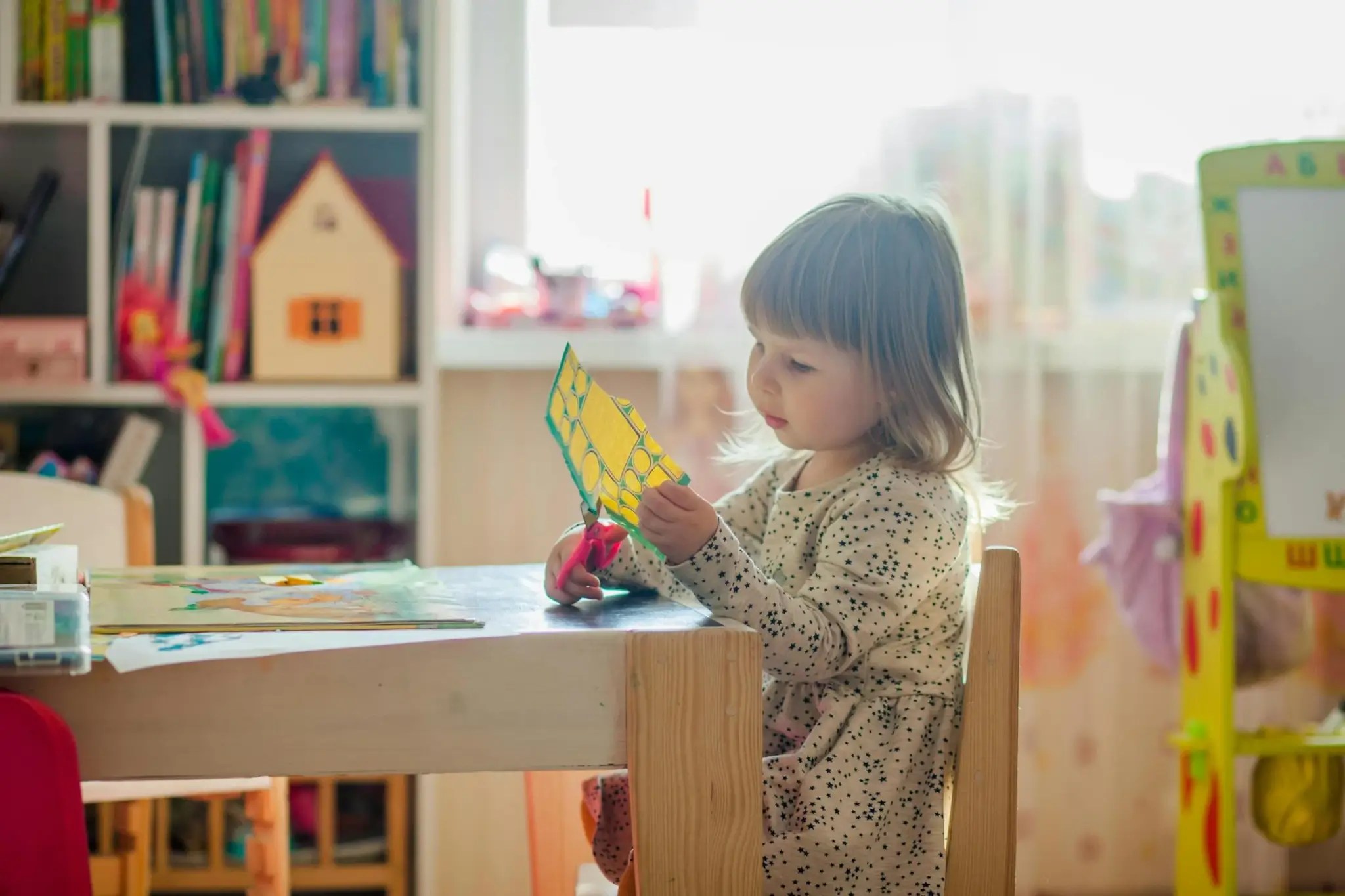Private & Public Preschools In Singapore – 6 Differences You Must Know Before Enrolling
Selecting a preschool is a pivotal decision that shapes the foundation of your child’s educational journey.
With numerous preschools in Singapore to explore, understanding the differences between public and private preschools is essential to making an informed choice that aligns with your child’s needs and your family’s values.
If you aren’t sure where to begin, this guide delves deeper into the key distinctions between public and private preschools to help you navigate this important decision.
6 key differences between public and private preschools
1. Cost & fees differ
One of the most significant distinctions between public and private preschools is the cost.
Public preschools are generally government-funded, offering lower tuition fees. These schools are designed to be accessible to all families, ensuring that every child has the opportunity to receive early education regardless of socioeconomic status.
However, additional fees for extracurricular activities, meals, and special programs may still apply.
In contrast, private preschools typically charge higher fees to cover enhanced facilities, specialised programs, and additional resources. Tuition can vary significantly based on the school’s reputation, location, and curriculum.
Some private preschools also have additional costs for enrichment programs, field trips, and materials. Hence, it helps to carefully evaluate your budget and weigh the pros and cons of what each type of preschool offers.
2. A big difference in curriculum
Public preschools often follow a standardised national curriculum designed to meet government educational guidelines. This ensures consistency in foundational learning across various institutions and focuses on core subjects like literacy, numeracy and social skills.
Public preschools may also prioritise preparing children for a smooth transition into the public primary school system, aligning their teaching methods with national educational standards.
On the other hand, private preschools have the flexibility to implement specialised or alternative teaching methods such as Montessori, Reggio Emilia, Waldorf, or play-based learning. These approaches often emphasise hands-on learning, creativity, critical thinking and problem-solving skills.
Some private schools tailor their curriculum to focus on specific areas like the arts, sciences or language development. This flexibility allows private preschools to cater to different learning styles and developmental needs, providing a more personalised educational experience for each child.
3. Teacher-student ratio
Class size can significantly impact a child’s learning experience and development as there would be more interaction, supervision and personalised support for children in smaller class settings.
Public preschools may have larger class sizes due to funding and space limitations, potentially leading to less individualised attention for each student. However, this would expose the student to a larger number of peers and can potentially build good social skills.
However, with more students in a classroom, teachers may face challenges in addressing the diverse learning needs of all children.
Private preschools often maintain a lower teacher-student ratio, allowing for more personalised instruction and stronger teacher-student relationships.
As smaller class sizes enable teachers to closely monitor each child’s progress, it could help foster better academic and emotional development, helping children build confidence and social skills in a supportive environment.

4. The facilities & resources
Public preschools generally provide essential facilities that meet basic educational needs, such as standard classrooms, playgrounds, and learning materials.
However, due to budget constraints, public schools may have limited access to advanced technology, modern equipment and specialised learning environments.
Private preschools typically invest more in state-of-the-art facilities, modern classrooms and enriched learning materials. They may offer specialised spaces such as art studios, science labs, music rooms and extensive outdoor play areas. Hence, offering engaging, stimulating environments that encourage exploration and discovery.
5. Multicultural & global language exposure
In today’s interconnected world, exposure to diverse cultures and languages is increasingly important.
Public preschools may focus primarily on the national languages and standard cultural education, reflecting the local community’s demographic. While public schools promote inclusivity, they may offer limited opportunities for children to engage with global cultures and languages beyond the core curriculum.
However, private preschools often emphasise multicultural education and may offer bilingual or multilingual programs, exposing children to diverse cultures and global languages early on.
These programs can include daily foreign language classes, cultural celebrations and international perspectives integrated into the curriculum. Such exposure fosters open-mindedness, adaptability, and a global mindset – qualities that are invaluable in today’s diverse world.
6. Seamless IB learning journey
For families interested in the International Baccalaureate (IB) program, private preschools often provide a smoother transition into IB primary years by integrating inquiry-based and holistic learning approaches from an early age.
These schools may adopt educational philosophies that align with IB principles, emphasising curiosity, critical thinking and a love for lifelong learning. Early exposure to such methodologies can prepare children for the IB curriculum’s academic rigor and comprehensive assessments.
Public preschools may not offer the same continuity into IB programs, requiring students to adjust when transitioning to IB-affiliated schools later in their academic journey.
While public schools offer strong foundational education, they may not provide the same depth of inquiry-based learning or global perspective that IB programs emphasise.

Begin your child’s educational journey with confidence
Now that you’ve explored the key differences between private and public preschools, are you ready to embark on your little one’s learning adventure?
At AIS, we’re dedicated to delivering an exceptional international curriculum that lays the groundwork for your child’s success. By building a strong foundation during the preschool years, we prepare your child not only for entry into top universities but also for a lifetime of achievement.
Take the first step toward their bright future – book your tour with us today!






